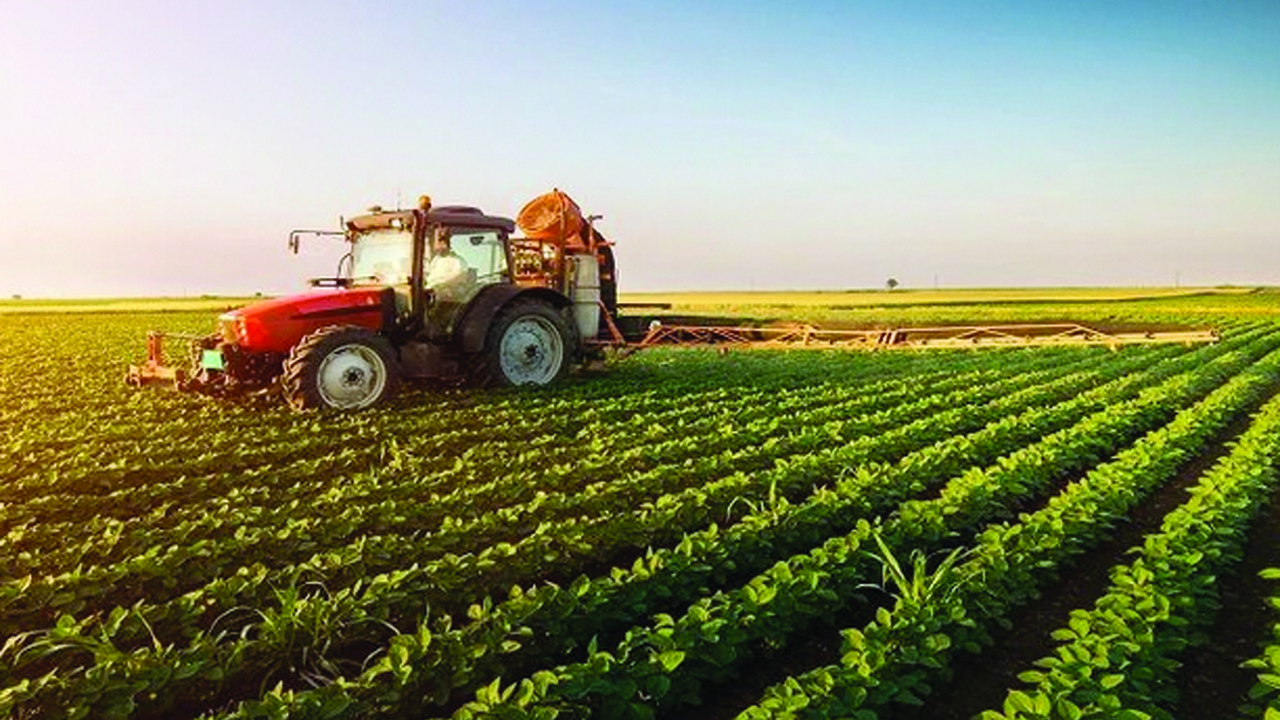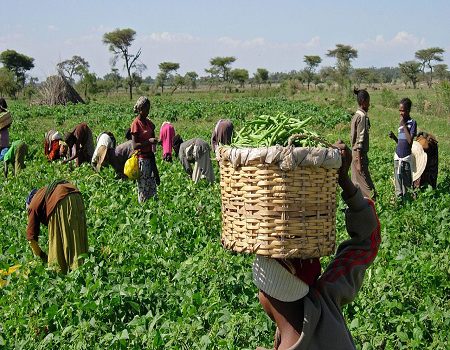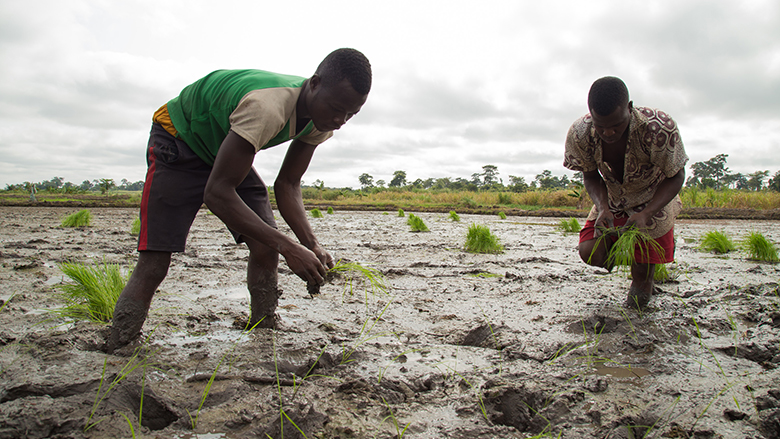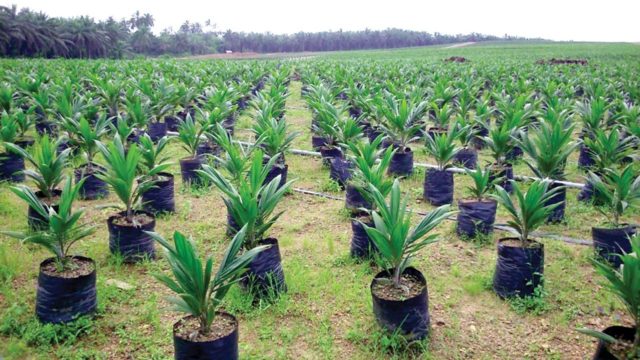Top 10 Importance Of Agriculture In Nigeria
Top 10 Importance Of Agriculture In Nigeria. Agriculture is an essential sector in the Nigerian economy. Nigeria’s economy revolves around agriculture, which provides the bulk of the country’s income. This article states the importance of Agriculture.
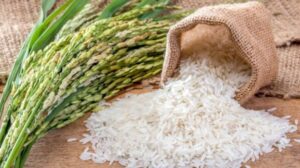
Introduction
Approximately 70% of the workforce in this West African nation is employed in agriculture. Small farms in Nigeria provide 80% of the country’s food, and 33% of its land is used for farming. This is Africa’s most productive and profitable nation for farming, making it the top choice for investors. As a result, agriculture is critical to Nigeria’s economy and to its citizens’ well-being. Because agriculture and agricultural operations are so intertwined with the production of all of society’s fundamental necessities, it’s impossible for a country to exist without them.
To be more specific, agriculture may be defined as the process of cultivating land in order to produce crops and/or raise animals for the purpose of providing food and/or other goods. Agriculture encompasses all operations associated with animal husbandry and agricultural production, not only farming.
As a result, the necessity of increasing investment in agriculture has been emphasized in order to improve agricultural production. The agricultural sector is thus important for economic development in all sectors and plays important roles in feeding the nation’s growing population and providing raw materials for businesses.
See also: How to start yam business in Nigeria
Profitable Types of Farming in Nigeria
- Rise consumption is highest in Nigeria, Africa’s biggest country. Small-scale farmers produce the majority of the world’s rice, which is sold for 80% of its entire value while only 20% is consumed. Rice has a big market in Nigeria because of the country’s enormous population and the continent of Africa as a whole.
- Cassava is produced in huge quantities in Nigeria, which is the world’s biggest producer. This West African nation supplies 20 per cent of the world’s cassava, as well as 34 per cent of Africa’s and 46 per cent of the continent’s west. In spite of the huge market for cassava in Nigeria, smallholders cultivate it mostly for their personal use and for local selling. This sector, however, is beset by problems due to ageing equipment and a lack of sufficient storage. Agricultural production suffers as a result of these issues, as well as postharvest losses and waste generation.
Importance of Agriculture
1. Growing and Supplying Food for People
Food is the most essential requirement for every human being. Due to the country’s growing population, there is an increasing need for food in Nigeria right now. As a result of the impending global food crisis, agriculture takes the top spot on this list. As the going becomes tougher, people’s focus shifts from other things to food more and more. As a result, the market for agricultural products will continue to grow indefinitely.
Nutritional commodities, milk products, and raw materials generated in the sector are in great demand in almost every field of agriculture, including horticulture, poultry, animal husbandry, fisheries, and forestry.
2. Primary raw-materials supply source
Agriculture provides several raw resources, such as cotton, sugar, timber, and palm oil. Many people aren’t aware of how important these minerals are too big sectors like medicines, fuels, plastics, and so on. Because raw resources are so critical to manufacturing, a country’s economic well-being relies heavily on their availability. Nigeria’s industrial sector will always need raw materials from the rest of the globe. Raw resources such as wood, cereals, animals’ skins, and rubber are in high demand for countries in Europe, Asia, and North America’s industrial sectors.
Nigeria is the world’s top provider of some of the most critical raw resources, despite the fact that they could get their raw materials from anywhere in the globe, particularly Africa.
3. Agro-tourism
An abundance of agrotourism destinations such as the Yankari National Park, the Obudu Mountain Resort, the Kainji National Park, the Lekki Conservation Center, Gurara Falls, and many more abound in Nigeria. These tourism attractions may help the country’s economy by bringing in revenue for agriculture. The reason for this is because visitors help a nation earn money by spending money on hotels, food, and transportation.
Additionally, agrotourism contributes to worldwide recognition, job development, preservation of culture, and both local and international marketing and sales of local goods, in addition to contributing to the economy.
4. Job creation
The agricultural value chain includes the following activities: production, harvesting, transportation, processing, distribution, packaging, and retail marketing. This process is overseen by human labour to make sure everything runs well, and that’s how agriculture generates jobs. Nigeria’s agriculture industry employs approximately two-thirds of the workforce, making it the country’s biggest employer. The subsistence level agriculture is practised by about 70% of Nigeria’s population.
But because of the widespread belief that agriculture is a labour-intensive industry, fewer individuals are interested in becoming involved. Modern agricultural platforms like Farmcrowdy, on the other hand, are progressively dispelling this myth.
See also: Fast-growing crops in Nigeria you can harvest within a year
5. Environmental Protection
Tree planting and crop cultivation, in particular, assist preserve the environment via agricultural operations. Land cultivators and farmers play an important role in helping to keep the environment free of erosion. The ecosystem benefits from forestry because trees provide shelter from high winds and storms. Concern about climate change has led to an increase in tree planting as the mainstay of forestry. Tree planting benefits the country’s ecology while also providing revenue.
6. Entrepreneurial and investment opportunities
Agriculture offers many entrepreneurial and financial possibilities, including honey production, cattle production, chicken production, and many more. Low-capital, high-interest enterprises are among them. Agricultural entrepreneurship, however, may be hampered by a number of reasons. A few examples include pest and disease infestations, post-harvest losses and inadequate transportation networks. Agriculture’s advantages will be tainted if these problems are not resolved.
Agribusiness investment possibilities abound as well. This includes both physical and intangible assets, such as farm and livestock production and stocks, futures, and bonds.
7. Foreign Exchange
Nigeria, as a modern country, is compelled to participate in Foreign Trade; else, economists argue, there would be no balance of payments. Agriculture’s contribution to Foreign Trade is thus that it aids the country in exchanging its agricultural products like cocoa, palm oil, palm kernel, and animal hides, amongst others, for imported foreign commodities.
8. Food security
A healthy and active life requires access to enough, secure, and nutritious food that satisfies a person’s dietary requirements and preferences at all times, according to FAO’s definition of food security. Nigeria is the world’s biggest producer of cassava, rice, and yam, as well as the second-largest producer of ginger. Nigeria has 82 million acres of fertile land. All of these initiatives are aimed at ensuring national food security.
Small-scale farmers’ lives are improved through digital agricultural platforms like Farmcrowdy, which use a range of technologies in the process. If we don’t assist farmers, we may face (full-scale) food shortages in the future, according to Onyeka Akumah. Agriculture is critical to the growth of a country, and making the most of what it has to offer may have a major effect on that growth.
9. Obtaining Resources to Meet Your Needs
Modern technology has revolutionized agriculture globally, with many foreign farmers employing high-tech machinery and equipment to mechanize their agricultural operations, yet the bulk of Nigerian farmers are still subsistence farmers. Most Nigerian farmers don’t give a damn about agriculture’s business aspects; all they want is to grow enough food to feed themselves and their families. What they’re willing to trade is sometimes only a portion of their agricultural output in exchange for other goods they need for their own use.
10. Economic diversification
Nigeria seeks economic diversification in light of decreasing oil revenues, and the agriculture sector fits the bill well. Producing export goods is one-way agriculture contributes to economic diversification. Agriculture continues to be the country’s largest non-oil sector employer and the source of over 70% of its non-petroleum exports.
Using technology to maximize production, funding indigenous farmers for productivity, and including youth in agricultural practices are additional methods of achieving economic diversification via agriculture.
See also: How to export ginger from Nigeria
Conclusion
Although most synthetic medicines come from plants, certain medicinal plants and herbs are cultivated to help create medicinal plants that can treat a wide range of ailments and diseases. Look at agriculture to get a better sense of where mankind is headed. The current condition of agriculture serves as an excellent barometer for what the future may hold.
We Believe This Article Was Helpful, Don’t Hesitate To Share This Information With Your Friends On Facebook, Twitter, Whatsapp and Google plus.
Copyright Warning: Contents on this website may not be republished, reproduced, redistributed either in whole or in part without due permission or acknowledgement. All contents are protected by DMCA.
The content on this site is posted with good intentions. If you own this content & believe your copyright was violated or infringed, make sure you contact us via This Means to file a complaint & actions will be taken immediately.
